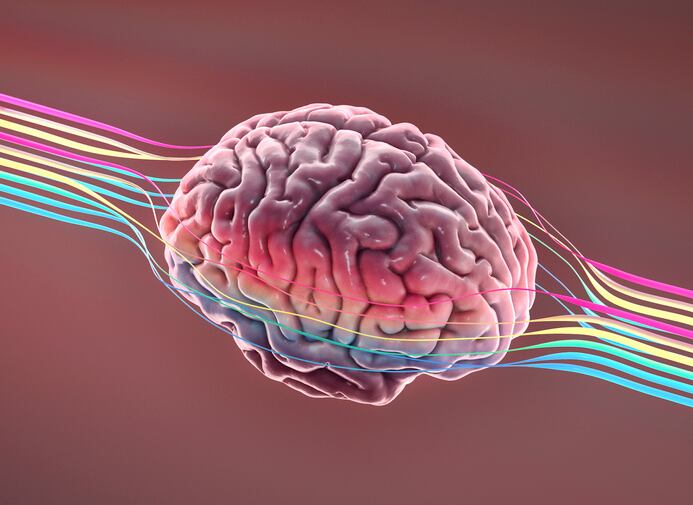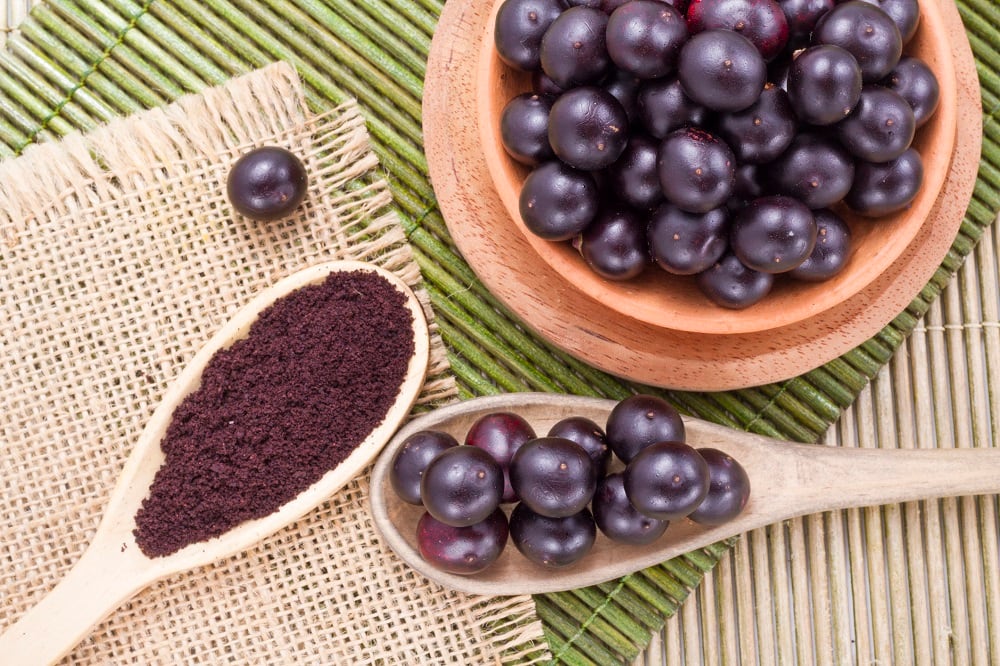“Obesity and insulin resistance was induced with a high-fat diet and supplemented with 2% açai powder to investigate peripheral insulin resistance, recognition memory and tau protein stability via the AKT/GSK3-β signaling pathway,” they wrote in the journal Nutritional Neurosciences.
The study, carried out in a mouse model, was supported by the Brazilian Ministry of Education’s CAPES Foundation, the National Council for Scientific and Technological Development and the São Paulo Research Foundation.
Açai, insulin resistance and cognition
The açai berry – a purple fruit native to the rainforests of Central and South America – is touted as a superfood with anti-inflammatory, antioxidant, anti-tumoral and anti-obesogenic properties thanks to its powerful flavonoid and anthocyanin content.
“However, just a few studies relate açai intake effects to cognition improvement,” the Brazilian researchers wrote. “Since the past decade, obesity has been identified as a health risk factor given its association with both insulin resistance and cognitive impairment.”
They note that insulin resistance inactivates the AKT-insulin signaling that regulates the metabolism of body fat, thus “impeding the signaling cascade to GSK3-β phosphorylation and activating tau phosphorylation”– ultimately leading to cognitive impairment.
Using açai pulp (Euterpe sp.) sourced from a local market in Manaus and freeze-dried into powder, the study set out to determine the effects of supplementation in preventing oxidative stress and the formation of harmful tau protein tangles in the brain.
Study details
The researchers assigned 52 mice to one of four groups: a normal-fat diet group (N), a normal-fat diet with 2% açai powder group (NA), a high-fat diet with 60% total calories from fat group (H), and a high-fat diet containing 2% açai powder group (HA). Food intake was monitored every two days and weight gain assessed weekly for ten weeks.
In the eighth week, the animals performed a novel object recognition test, followed by glucose and insulin tolerance tests in the ninth week. At the end of the tenth, they were euthanized and their brains rapidly removed and frozen for posterior analysis of antioxidant enzyme activity and proteins.
“The consumption of açai powder for 70 days improved peripheral insulin sensitivity and phosphorylation of AKT/GSK3-β in mice hippocampi,” the study concluded. “The animals fed high-fat diets supplemented with açai powder showed better performance in the novel object recognition test (NOR) in comparison to the H group.”
Catalase activity and reduced glutathione, which protect the body from free radicals at the cellular level, also improved in the treated mice.
The study called for further research into other protein signaling pathways in the hippocampus, as well as other tau phosphorylation sites to explore the cognitive improvements recorded in the supplemented group.
Source: Nutritional Neuroscience
“Açai pulp improves cognition and insulin sensitivity in obese mice, Nutritional Neuroscience”
doi: 10.1080/1028415X.2022.2158931
Authors: Nathalia Medina dos Santos et al.




